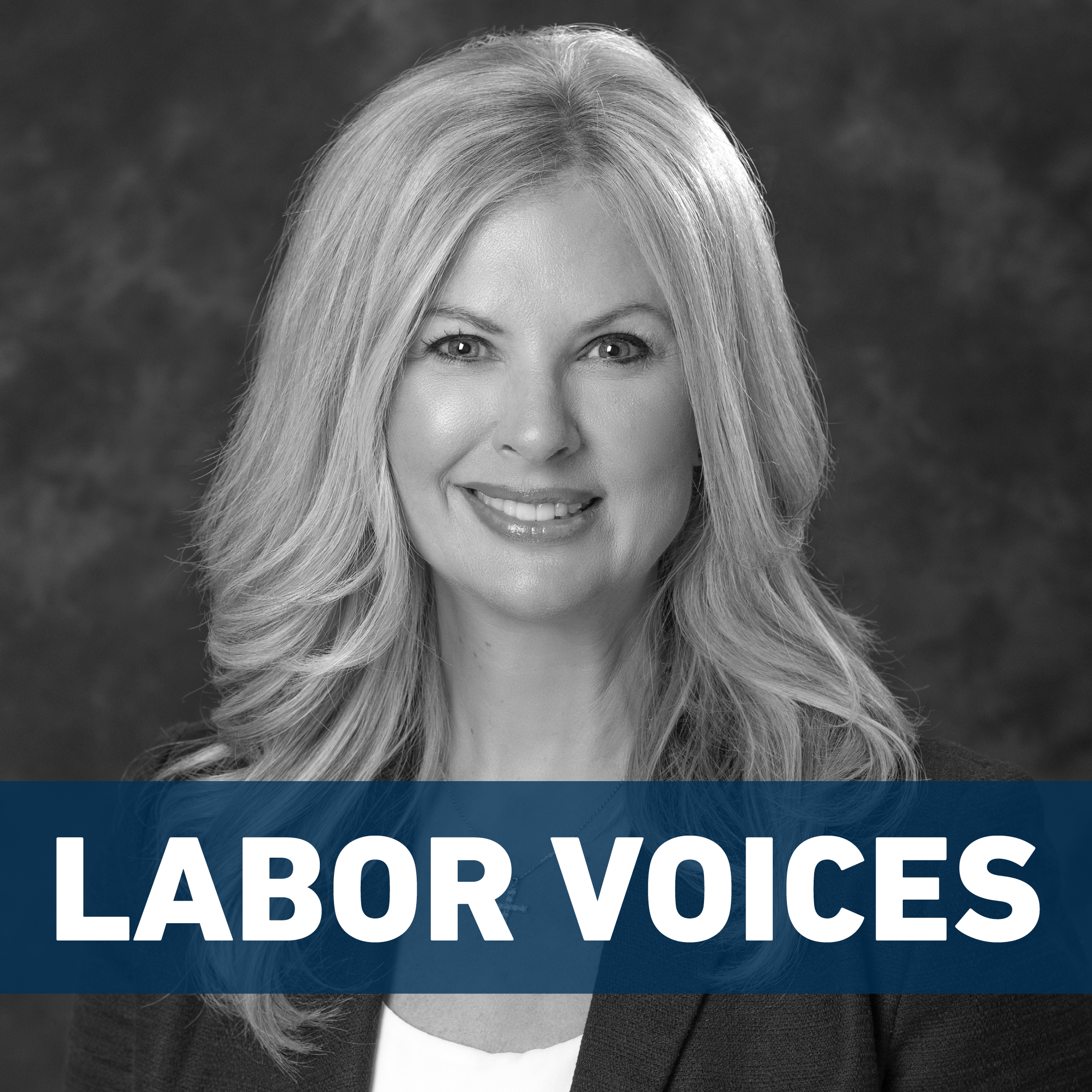New training offered for paras
Paraeducators have long said they needed higher pay plus better training to improve staff retention and equip them for the vital and challenging work they do in schools.
That message was heard loud and clear at an MEA paraeducator summit in 2023. From there, a new statewide training series was developed in partnership with the Michigan Association of Administrators of Special Education (MAASE) and Opening the Pipeline of Talent into Michigan’s Special Education (OPTIMISE) to provide an opportunity to address both issues.
The Paraeducator Professional Learning Series — also known as Paraeducator Bootcamp — offers research-backed best practices in special education along with practical tools and strategies to effectively support students with disabilities in PK-12 classrooms.
Local unions are starting to tie the training to pay increases, says MEA UniServ Director Tammy Daenzer, who serves various units in Tuscola and Genesee counties.
“This is an exciting development that is already translating into real gains at the bargaining table for education support professionals (ESP),” Daenzer said.
Last summer three of Daenzer’s ESP units bargained improvements in pay for paraeducators who complete the training.
- In LakeVille Community Schools in Otisville, paraeducators secured additional compensation of $0.25/hour for members who voluntarily complete the program.
- In Millington Community Schools, the ESP unit signed a letter of agreement creating a new Advanced Paraeducator wage category with increases from $0.70 to $0.90/hour for those who complete the training.
- In Reese Public School District, paraeducators negotiated a contract provision ensuring they will receive relevant training and paid attendance on required staff professional development days.
Paraeducators and other ESP are often excluded and unpaid on scheduled staff PD days or forced to sit in trainings not tailored to their needs, Daenzer said.
The paraeducator learning series helps participants understand and use essential tools in academics, behavior support, and special education fundamentals, said MEA UniServ Consultant Chad Williams who helped to develop the partnership with MAASE.
“This is about building skills that paraeducators can put into practice and gaining professional growth that can translate into recognition, respect and opportunity,” Williams said.
Dave Vroman, president of the Millington ESP unit, said the contract improvement tying pay to training for paraeducators was part of a larger effort to boost frontline support staff whose commitment and hard work contribute to student success.
The bargain also resulted in an advanced maintenance category for workers who hold mechanical, electrical, plumbing or building licenses; offered a $1,000 stipend to kitchen staff who complete ServSafe training; and eliminated the lowest-paid secretarial category.
“All the way around, getting better pay and advanced positions has made people happier,” said Vroman, a nine-year maintenance employee who became ESP president one year ago.
The Paraeducator Professional Learning Series is funded with a state grant connected to the Optimise initiative, a multi-year effort to rebuild the talent pipeline of special education teachers and paraprofessionals in Michigan.
The five-unit series, developed by the Michigan Association of Administrators of Special Education (MAASE), is being implemented in two stages — a Train the Trainer program and Paraeducator Training Sessions.
Once certified, trainers are available to lead training sessions across the state.
The next Train the Trainer program will be offered on Feb. 19 from 9 a.m. to 3:30 p.m. at MEA Headquarters in East Lansing as part of the MAASE First Annual Paraeducator Training Conference. The program is open to new and existing trainers. Register here.
For more information about registering for the conference, becoming a trainer or bringing a trainer to your school or district, go to maase.org/paraeducator-learning-series.



